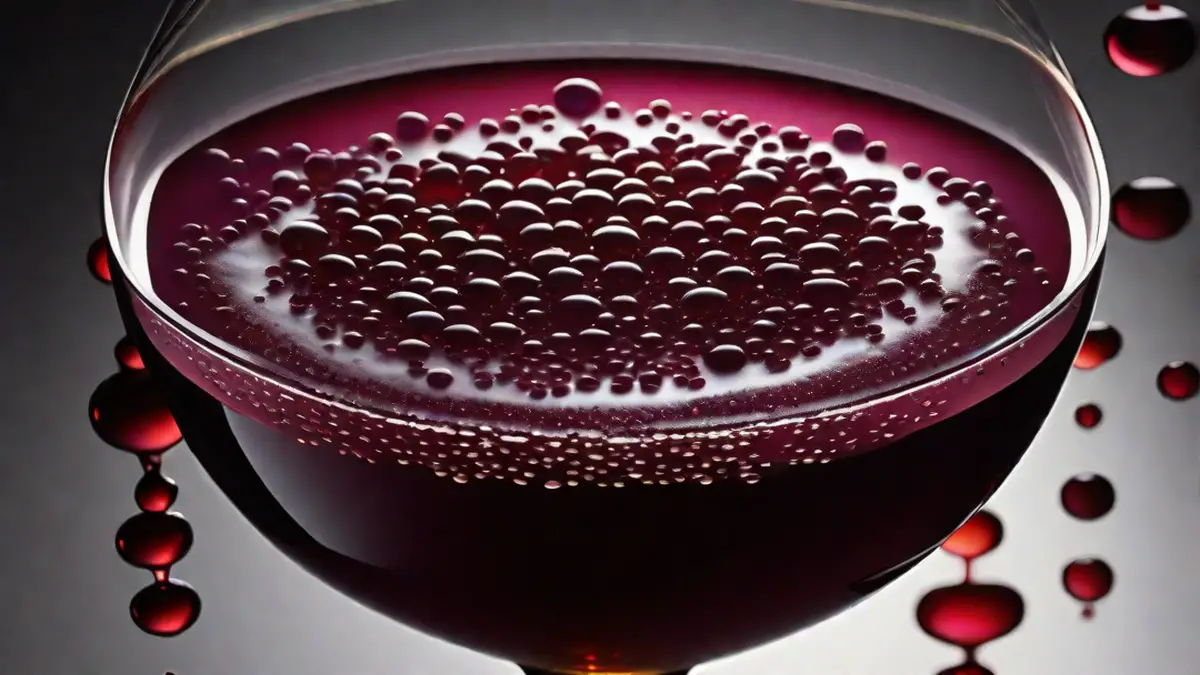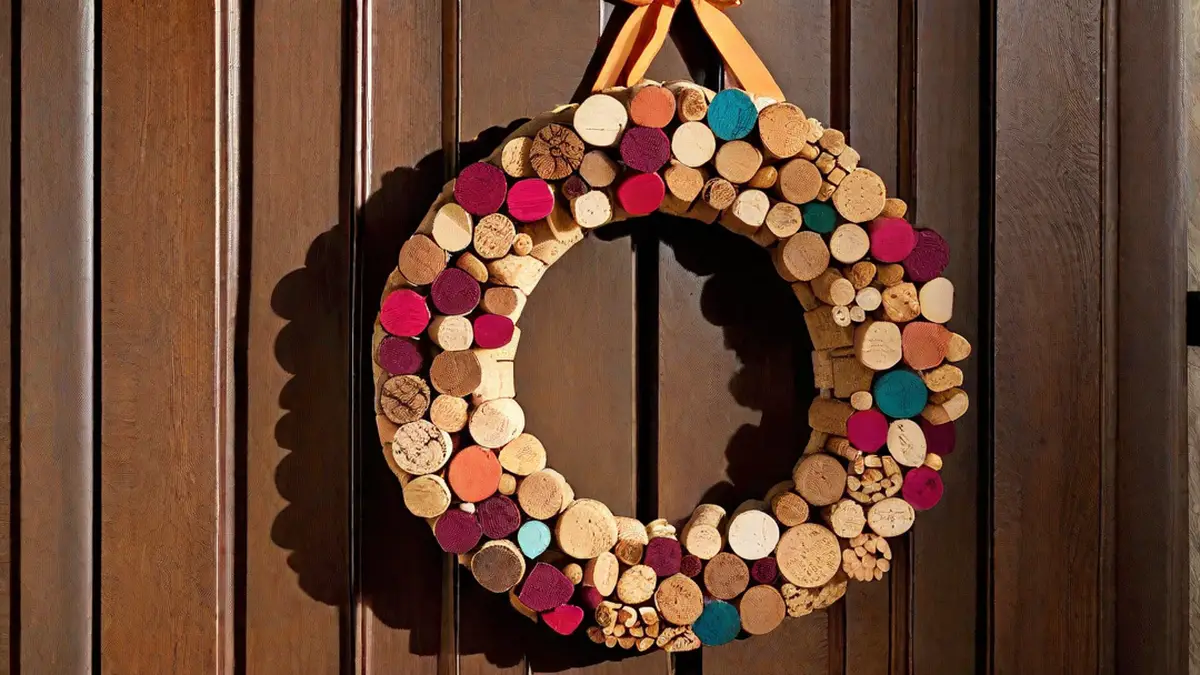In the winemaking universe, grape juice is critically vital as a basic component. As an enthusiast of wine and someone who engages in the craft of winemaking, I can confirm that the quality of the grape juice significantly influences the taste, aroma, and general character of the final wine.
When it comes to making wine, the grapes used are of utmost importance. While some winemakers prefer using whole grapes, others find that using grape juice simplifies the process and allows for more control over the final product. Personally, I find that using grape juice not only saves time but also ensures consistency in flavor.
One of the advantages of using grape juice is that it eliminates the need to crush and destem the grapes manually. This can be a messy and time-consuming process, especially when working with a large quantity of grapes. With grape juice, you can skip this step and focus on other aspects of winemaking.
Another benefit of using grape juice is that it allows for better control over the fermentation process. When using whole grapes, it can be challenging to achieve consistent results, as the sugar content and pH levels may vary from grape to grape. With grape juice, you have the option to select juice with specific sugar levels, ensuring that your wine ferments to the desired level of sweetness.
When choosing grape juice for winemaking, it’s important to consider the variety of grapes used and their origin. Different grape varieties have unique characteristics that contribute to the overall flavor profile of the wine. For example, a Chardonnay grape juice will result in a white wine with a buttery and oaky flavor, while a Pinot Noir grape juice will produce a red wine with delicate and fruity notes.
It’s also worth noting that the quality of the grapes used to make the juice can vary. Some grape juices are made from high-quality, hand-picked grapes, while others may be made from lower-quality grapes. As a winemaker, it’s crucial to choose a grape juice that meets your standards and aligns with the taste you want to achieve.
Once you have selected your grape juice, the winemaking process begins. It involves adding yeast to the juice to initiate the fermentation process, allowing the sugars in the juice to convert into alcohol. This is an exciting time for any winemaker, as you eagerly wait for the transformation of grape juice into a delicious wine.
In conclusion, grape juice is an indispensable tool for any winemaker. Whether you are a beginner looking to experiment with winemaking or a seasoned enthusiast wanting to create a consistent and high-quality product, grape juice provides a convenient and effective solution. With a wide variety of grape juices available, you have the freedom to explore different flavors and create wines that reflect your personal taste and style.




